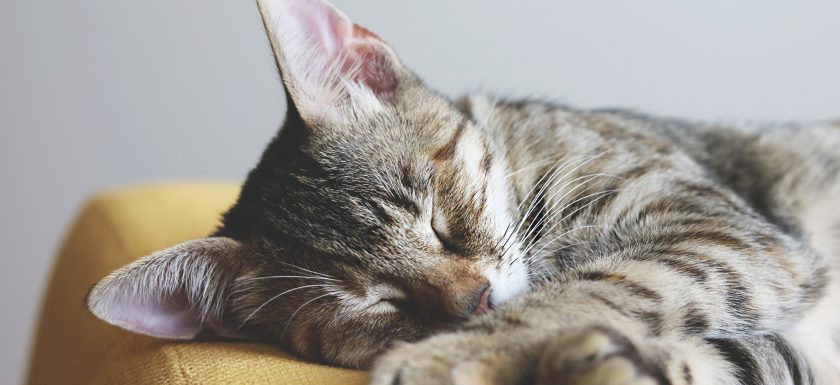La La Land….zzzzzz
The amount of sleep you require differs according to age and generally decreases over your lifetime. Most people know how much they need to feel alert and energised, so make sure you plan your bedtime to allow enough time before your alarm goes off! Because sleeping improves wellbeing.
Adequate sleep is important for your mental and physical wellbeing.
Let’s focus on the quality…
How easily do you go to sleep? Ideally within 20 minutes.
Do you wake through the night? It’s common to be aware of waking or moving but then continuing to sleep without coming fully awake.
Do you experience excessive dreaming? Dreaming shouldn’t interrupt your sleep and dreams, if remembered at all, are usually quickly forgotten.
Do you feel rested when you get up in the morning? Becoming alert and physically active without the need to fall back to sleep or feeling heavy in your body.
Do you go to bed early or late? Night owls are more likely to experience insomnia or similar difficulties and require naps.
Do you feel the need to sleep though the day? Most adults do not need to during the day.
If you struggle with any of these patterns, it might be worth changing your habits. These might include:
- Bringing your bedtime forward to allow at least 8 hours sleep
- Not using digital devices within 1-2 hours of sleeping.
- Having dinner completed at least 2 hours before sleeping.
- Not exercising late at night. Calm breathing exercises are ok.
- Choose a bedtime well before midnight.
- Reduce caffeine and alcohol intake.
- Include activities to reduce stress and elevate your mood.
Sleep is an important time for physical and mental processes.
Some physical processes like breathing and blood pressure decrease but others, like tissue repair and hormone functions are on the night shift, as is your unconscious processing of thoughts and events.
Sleep is generally dependent on the state of the mind. If you’re calm and balanced you will usually sleep well. If the mind is restless, sleep is poor. Stress is a major factor of interrupted and poor sleep.
Many people report sleeping better after acupuncture treatment, even when the treatment isn’t specifically directed at improving sleep. Yes, acupuncture can help you sleep better.

Comments are closed, but trackbacks and pingbacks are open.